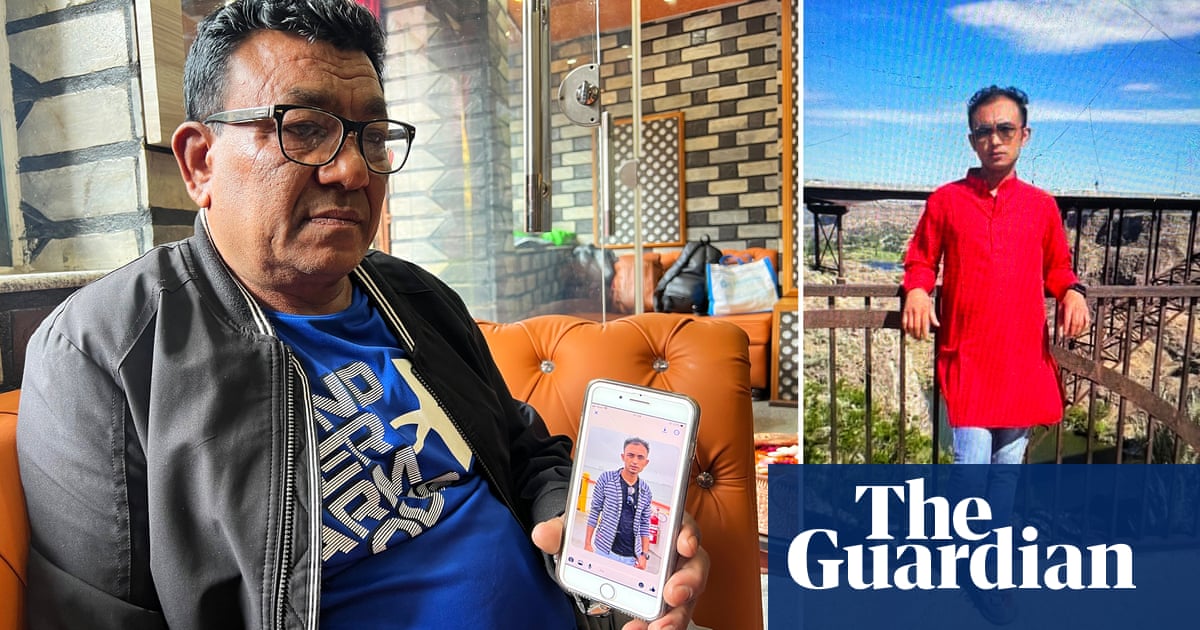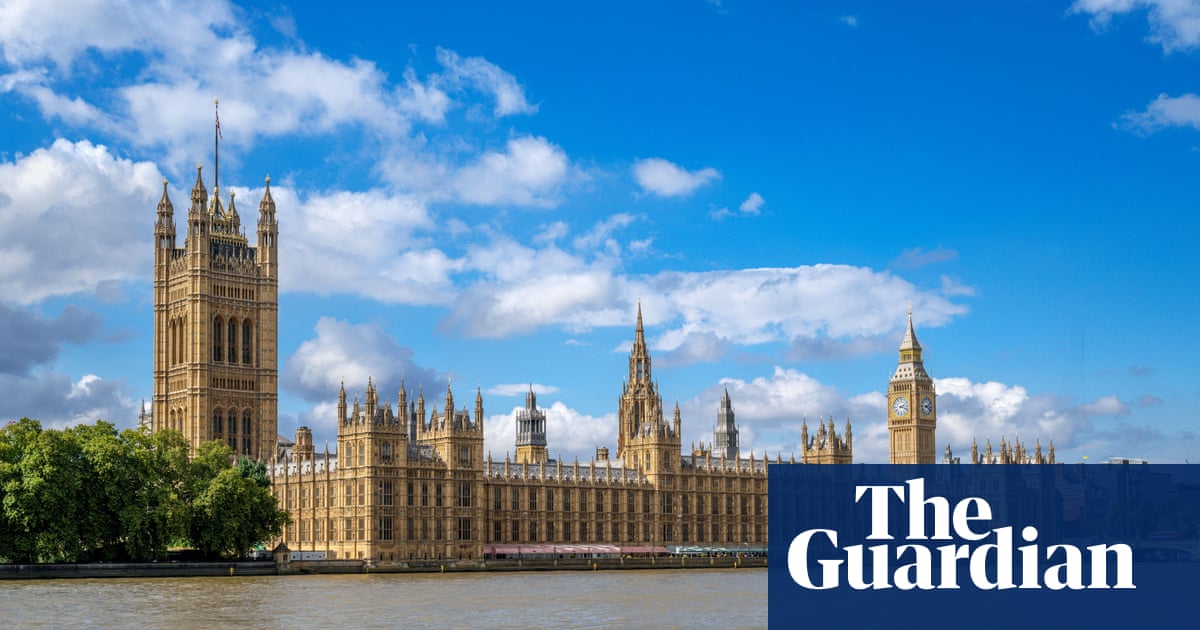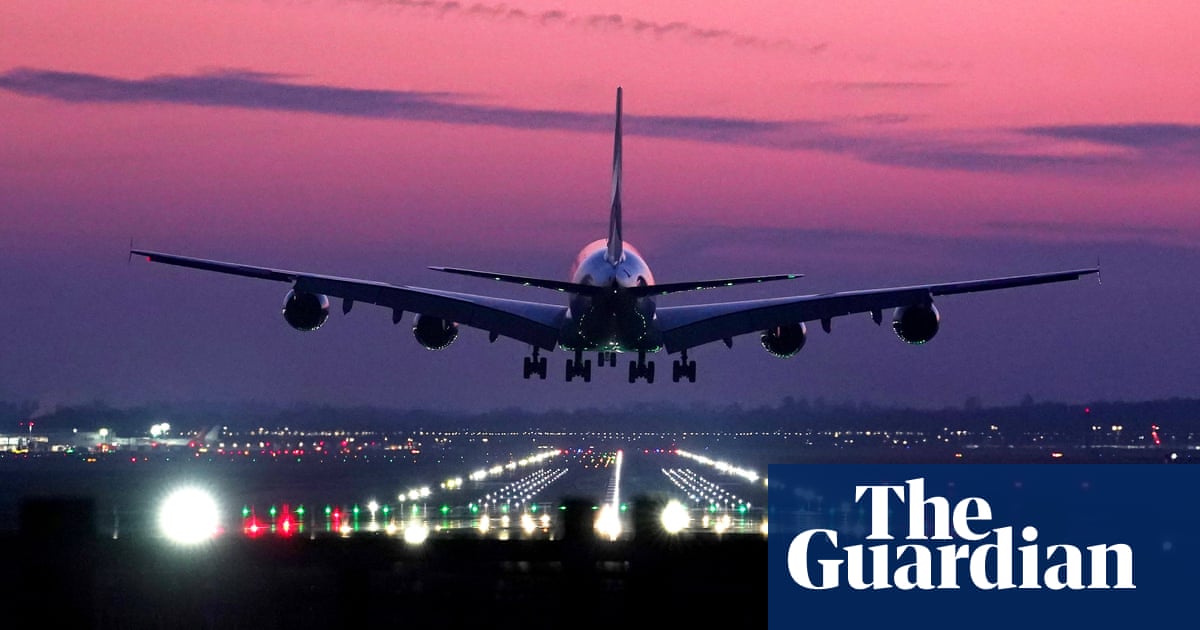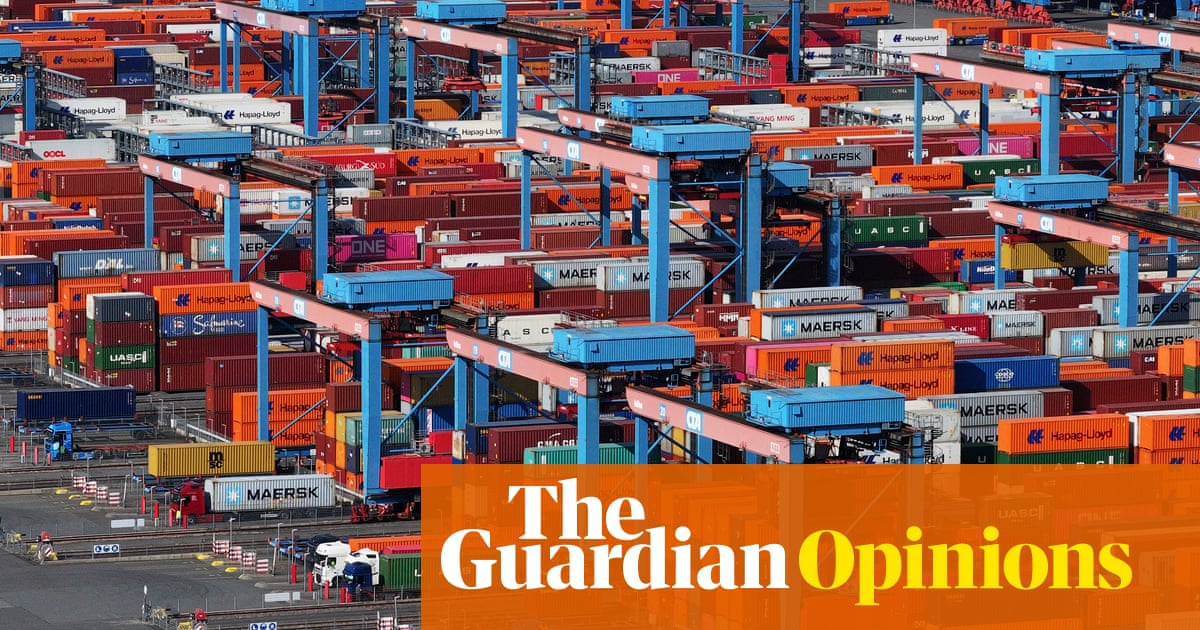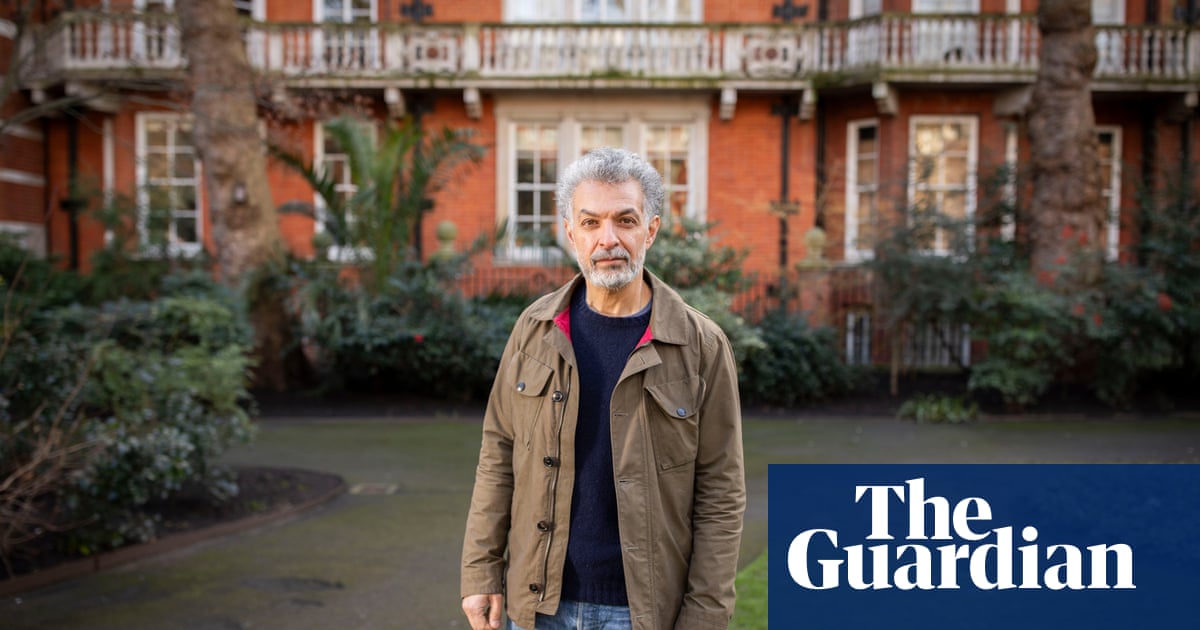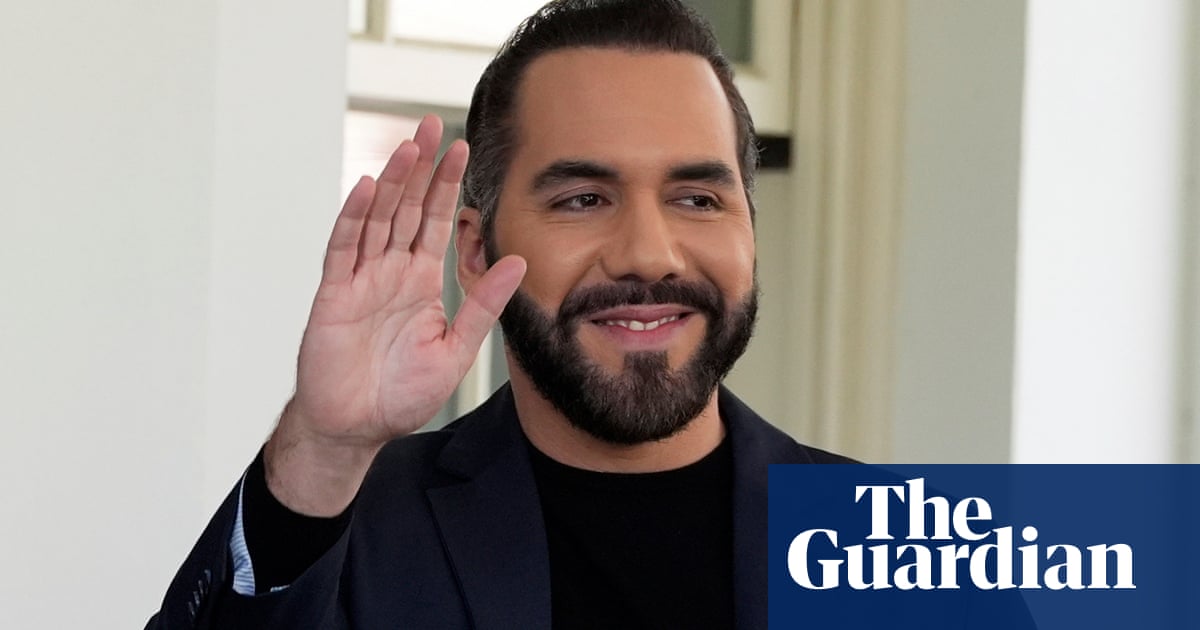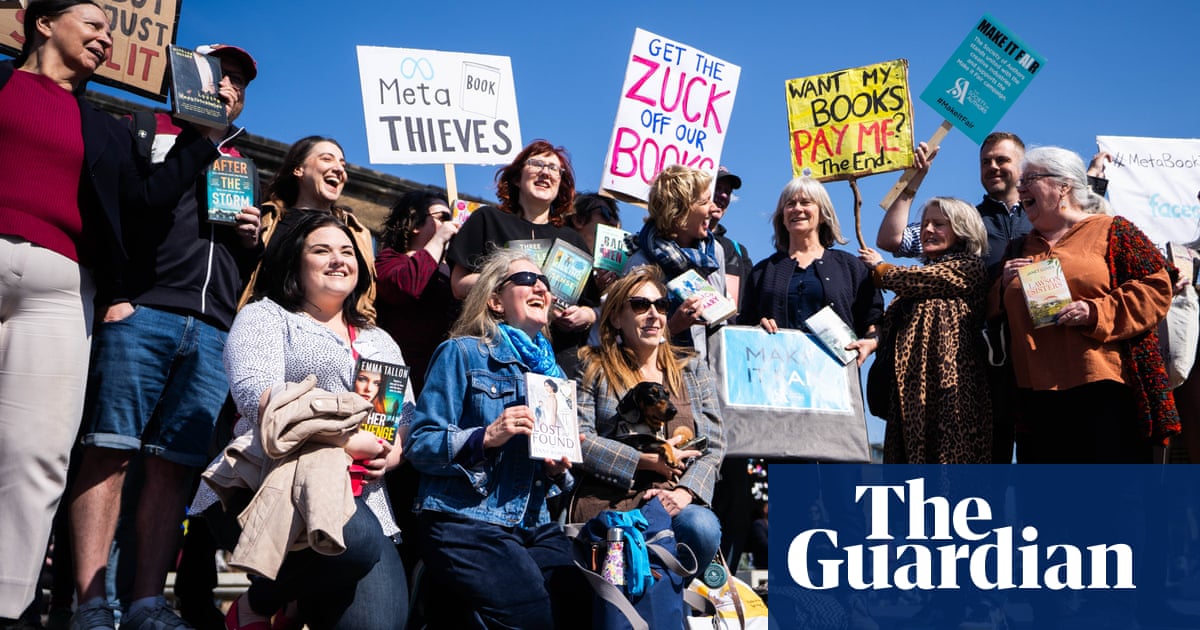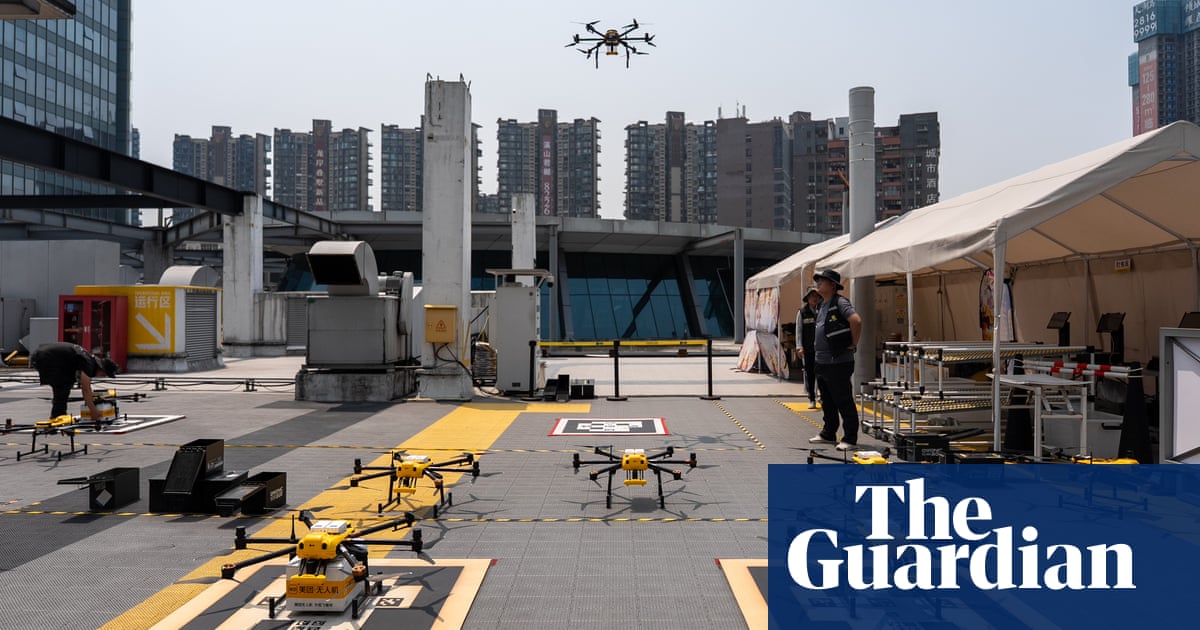On 4 August 2024, the riots and disturbances that followed the killing of three children in Southport, on Merseyside, spread even further. That day, in the midst of a seething mess of far-right misinformation and rumour-mongering, the violence hit Rotherham – where people tried to set fire to a hotel housing asylum-seekers – as well as Middlesbrough and Bolton. Serving notice of his new interest in UK affairs, Elon Musk posted a picture of violence in Liverpool on X with a characteristically measured caption: “Civil war is inevitable.” And 24 hours later, the wave of unrest reached the city of Plymouth.
It gripped the city centre throughout the evening of 5 August. To quote from the Guardian’s report, “150 officers in riot gear and with dogs sought to keep apart far-right rioters and Stand Up to Racism demonstrators”. Other people turned out to defend a mosque. Bricks, bottles and fireworks were thrown. Six people were arrested, several police officers were injured, and two members of the public ended up in hospital: one local officer said the events were “unprecedented”.
Where could the city’s 260,000 residents turn for reliable information? As ever, as people’s social media feeds brimmed with untruths and provocations, more traditional outlets were an obvious choice. But if you tuned into the local BBC radio station while the riot was happening, you might easily have had no idea about any of it. BBC Radio Devon carried a report about the violence in its 6 o’clock news, but at 7pm and 9pm, Plymouth received no mention at all. Its other bulletins mentioned what was happening, but failed to make it the lead story: the violence was both frightening and hugely important, but the attention of the city’s supposedly most dependable news source was apparently elsewhere.
We now know all this thanks to the BBC’s response to a complaint made by David Lloyd, a radio veteran who has worked for both the corporation and commercial stations. The relevant official document, written by the corporation’s complaints director, is quite a read: it includes an admission that “there was little evidence of the BBC having a presence on the scene”, something partly connected to “several logistical problems” on the day in question, including “the availability of journalists who had the required riot training”, as well as “technical issues with broadcasting kit”.
There were, the report says, “elements of systemic failure”. Even online, where the modern corporation insists it must focus a lot of its efforts, there was no dedicated live coverage of the Plymouth riot – nor, the report suggests, enough updates posted on the big social media platforms. On the latter score, “more would have been done, had it not been for staff leave”.
A spokesperson said the BBC accepts the complaints unit’s findings, and had “already made adjustments to our ways of working” before the Plymouth complaint was investigated. But the mixture of excuses and acknowledged shortcomings remains mind-boggling. And it leaves an even bigger story untouched: the corporation’s degradation of local broadcasting, and how it fits into similar shifts in commercial radio, and the grim state of the UK’s local press. The result, as Mark Zuckerberg abandons Meta’s factchecking and Musk is endlessly radicalised by his own platform, is an increasing local news vacuum: no firm sense of what is happening on people’s own doorstep, and a rising susceptibility to online lies that may soon be beyond anyone’s control.
The Plymouth story is a case study in the consequences of changes that still seem chronically overlooked: cuts to BBC radio that were pushed through in 2023, and the fact that a lot of local stations now have programmes specific to their area only until the afternoon, when they share output – either regionally or nationally – until breakfast-time the next day. Audience figures suggest that this drastic scything-down has left an already fragile part of the national mediascape with even fewer listeners, and accelerated local radio’s decline while underlining an obvious question: if our public-service broadcaster will not guarantee the survival of such a key provider of grassroots news, who will?
Certainly not profit-making radio. Eight years ago, the broadcasting regulator, Ofcom, announced a loosening of its rules that would allow the owners of commercial stations to reduce their minimum amount of local programming during the daytime from seven hours a day to only three. In 2019, the radio giant Global then collapsed more than 40 stand-alone breakfast shows – which drew on local news and taking points – into three catch-all national programmes, and the company’s newsrooms were subject to swingeing efficiencies. From then on, a single reporting team covered an area that stretched from Cornwall to Gloucester.
And then there is the awful fate of the local newspapers that might have successfully transitioned to the online world, but that have been serially mismanaged, cut and squeezed out of existence, not least by the online giants. Between 2009 and 2019, more than 320 such titles in the UK closed down. Just over a year ago, Reach – the owner of the Mirror, Express and the scores of local titles grouped online under the “Live” banner – announced its third round of job cuts in a year, which brought the total number of roles lost to close to 800. Its local and regional news websites were attracting a seemingly healthy total monthly audience of about 35 million, but a dependence on tanking digital ad revenue made their long-term survival look doubtful. The upshot, as one unnamed Reach staffer put it, was obvious: “It’s increasingly likely that many of our major cities – Manchester, Birmingham, Bristol, Newcastle, Liverpool, Cardiff and many others – will soon have no local newspaper and no recognisable local news website holding local authorities and others to account.”
In some places, agile local news outlets have begun to fill the gap. In Hull, a start-up called the Hull Story was founded in 2020 as an online operation by two former employees of the Hull Daily Mail, and it expanded into print last year: last week, its splash on the city’s experience of the 2024 riots – headlined Disgrace, Resilience, Justice – won an award for the front page of the year. The Bristol Cable has long been blazing a trail into new kinds of investigative reporting and political coverage, bolstered by the fact that the title is owned by its readers. Manchester has the Substack newsletter The Mill, which has now launched offshoots in Liverpool, Birmingham, Sheffield, and London – where the former Guardian staffer Jim Waterson has also started to fill the hole left by the shrinking Evening Standard by launching London Centric. All these projects highlight one vivid point: that places not only need their own journalism, but can provide the audiences to support it.
The problem, unfortunately, is that they are still outnumbered by parts of the country – let alone the world – where the worst kind of news cycle is now a reality. Something happens, but what do people read or hear about it? Either nothing at all, or some awful version of it plucked by a foreign billionaire from the fringes of the internet or algorithmically amplified, to the point that questions of truth or falsehood fall away, and a mendacious story creates its own shockwaves. If that is the kind of future we should all be striving to avoid, local reporting ought to be our first antidote.
-
John Harris is a Guardian columnist

.png) 3 months ago
59
3 months ago
59

